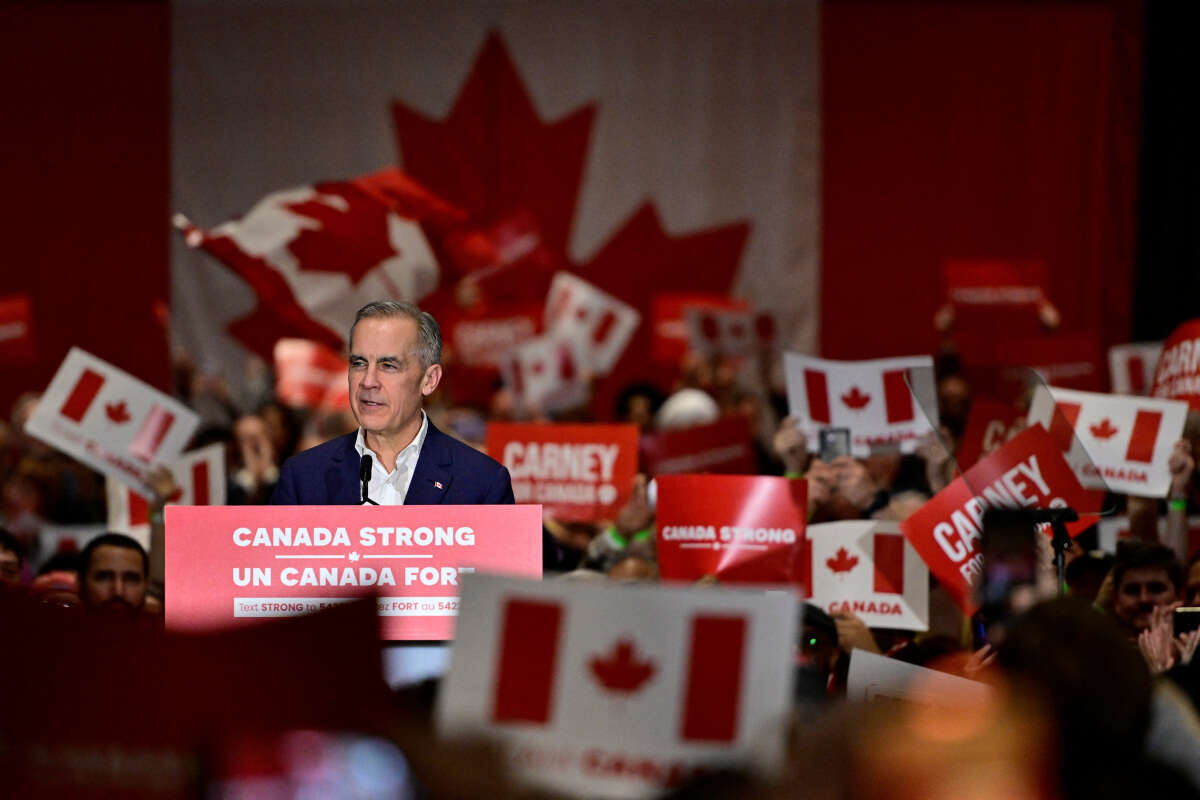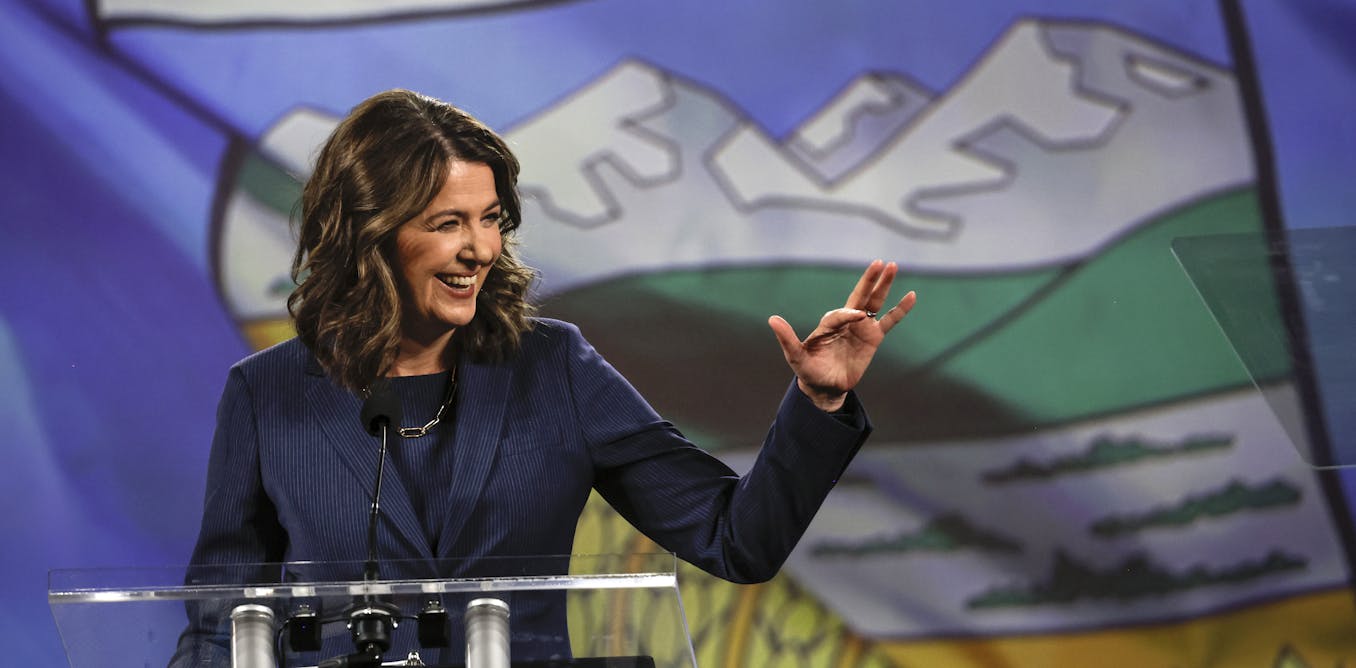New Brunswick Premier Blaine Higgs recently defended the province’s decision to review Policy 713, which addresses Sexual Orientation and Gender Identity in public schools. Higgs emphasized the importance of parents being informed if their children express a desire to “change” genders. This article explores the ongoing debate surrounding parental consent, the age appropriateness of certain educational initiatives, and the clash between LGBT advocacy and concerned parents.
Current Policy and Parental Consent The current Policy 713 in New Brunswick stipulates that transgender or non-binary students under the age of 16 require parental consent for their preferred first name to be officially used in school records. However, the policy also emphasizes that the principal must obtain the student’s informed consent before discussing their preferred name with parents. In cases where parental consent cannot be obtained, alternative plans are put in place to support the student within the learning environment.
Criticism of Drag Shows for Young Children Premier Higgs expressed concern over drag shows being presented to elementary school and kindergarten students. He questioned the appropriateness of exposing children of such young ages to drag queen reading time. Higgs stressed the importance of allowing children to develop and make decisions as they grow older, urging a focus on teaching tolerance and acceptance rather than promotion.
LGBT Activists and Policy Review Premier Higgs faced criticism from LGBT activists following the decision to review Policy 713. The policy aims to create an inclusive and affirming environment for LGBTQI2S+ students, families, and allies. Education Minister Bill Hogan revealed that his office had received numerous complaints from concerned parents, highlighting the broader nationwide conversation surrounding sexual education and the age appropriateness of its content.
Public Opinion and Parental Notification A recent poll indicates that the majority of Canadians believe schools should inform parents if their children express a desire to change their sex. Fifty-seven percent of respondents supported parental notification, while only 18% felt it was unnecessary. This demonstrates the significance of parental involvement and the expectation of transparency within the educational system.
Schools as Battlegrounds Schools have become focal points for debates between LGBT advocacy and concerned parents. Instances such as the cancellation of Mother’s Day in Manitoba schools and requests to remove a sign celebrating mothers’ roles in a Toronto school have sparked controversy. However, there are also instances of parental and student resistance to what they perceive as LGBT propaganda, as seen in protests against school-sponsored drag queen events.
Conclusion: The discussion surrounding parental consent, age appropriateness, and the clash between LGBT advocacy and concerned parents in New Brunswick continues to evolve. Premier Higgs’ defense of the policy review reflects the ongoing dialogue aimed at striking a balance between inclusivity and the rights of parents to be informed about their children’s gender identity. As the conversation unfolds, it is crucial to consider the diverse perspectives and work towards creating safe and supportive environments for all students.










